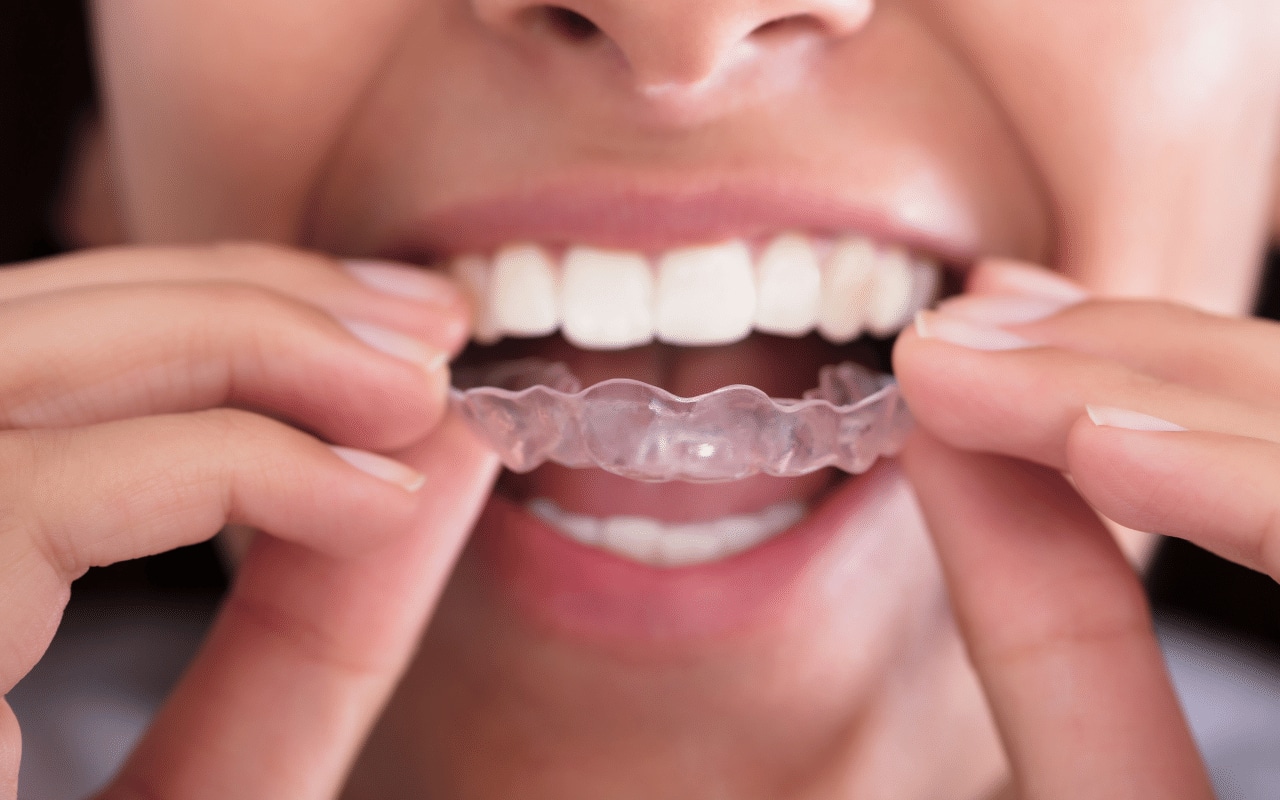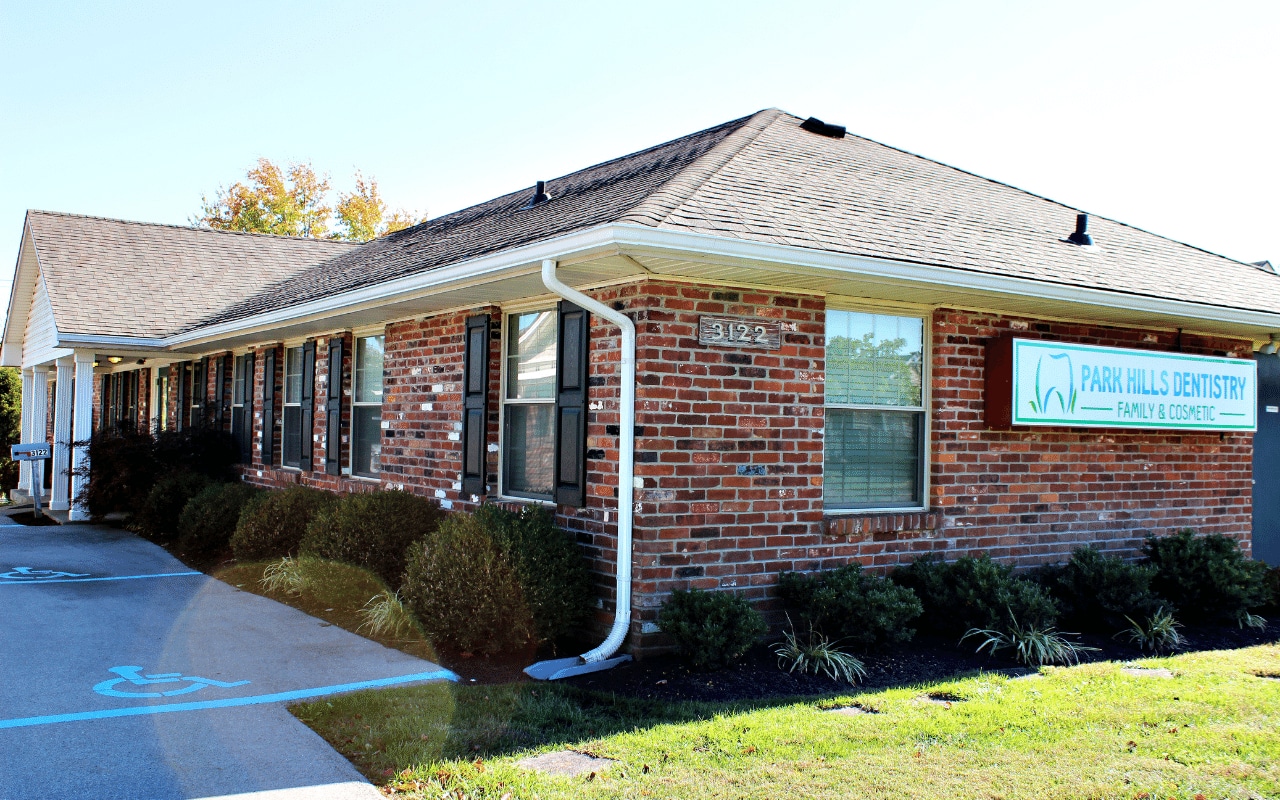The Basics of Gingivitis
All The Basics of Gingivitis
Did you know that most Americans will get gum disease at some point in their lives? In fact, it affects over ¾ of the population. If you’re not familiar with gum disease, gingivitis is one of the first stages of this dental problem. Luckily, it can be easily managed, treated, and even prevented. In this article, Dr. Jinyoung Kim, the best dentist in Lexington, KY, discusses the basics of gingivitis.
What is Gingivitis?
Gingivitis develops when plaque accumulates on teeth and creates toxins that irritate the gums. Additionally, many patients are unaware that they have gingivitis at first because the symptoms are so mild. Some symptoms to watch out for include bleeding, puffy, pain, inflamed, or red gums. Gingivitis must be managed so that it does not advance to a more dangerous form of gum disease.
Dr. Kim says that the most effective way to combat gingivitis is to remove plaque from your teeth on a daily basis. Other risk factors for gingivitis include smoking, stress, hormonal fluctuations, poor nutrition, drugs, and chronic conditions. Our friend, Dr. Dave Moghadam, a dentist in Easton, PA, says that women who are expecting or nursing are more at risk for developing gum disease. Therefore, it is important that these patients are adamant about their oral hygiene.
Gingivitis Treatment and Prevention
Here are some important techniques for preventing gingivitis or gum disease. Furthermore, these daily habits will decrease your chances of developing most dental problems.
- Brush your teeth twice a day for two minutes using a soft-bristled toothbrush.
- Use an antigingivitis mouthwash
- Floss every day
- Visit your dentist in Lexington, KY, for hygiene and periodontal health evaluation
Gingivitis vs. Periodontal Disease
Gingivitis and periodontitis are both stages of gum disease. Out of the four stages, gingivitis is the most common type of gum disease. As mentioned above, those with gingivitis will experience inflamed, puffy, bleeding gums. Gingivitis is reversible, but if not treated by your dentist, it can proceed to periodontitis. During this stage, the patient will experience gum recession as the infection gets worse. Without treatment, the patient will develop advanced periodontal disease. Periodontal disease is irreversible and can lead to tooth loss. If you’re experiencing any symptoms of gum disease, it’s important to contact Park Hills Family Dentistry. Our team will help you get your oral health back on track. Call us today!










